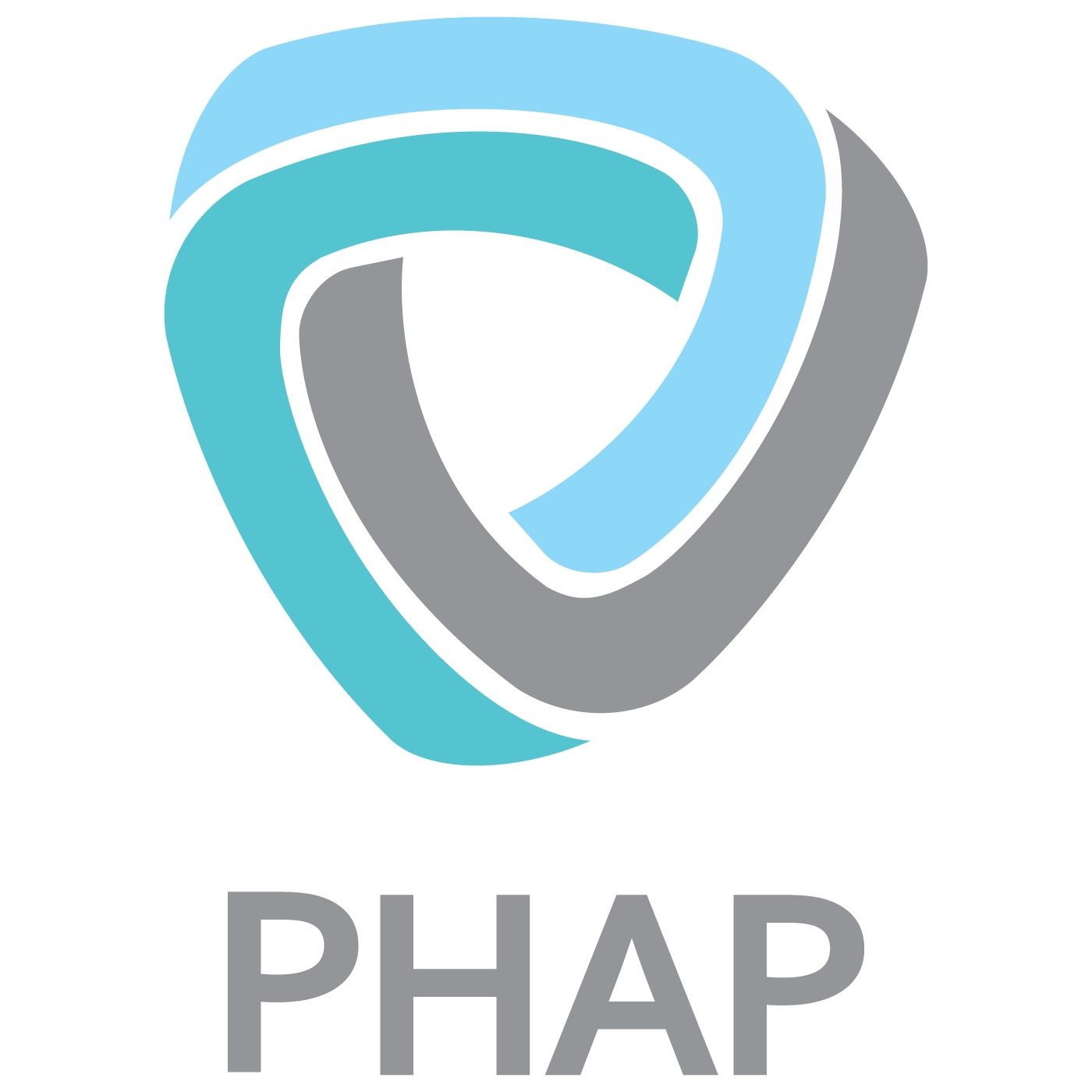The impact of bank de-risking on humanitarian action
Description
Over the last few years the issue of “bank de-risking” has increasingly impacted the ability of humanitarian NGOs to safely and effectively transfer funds to programmes where people are most in need. While bank de-risking can affect the operations of any type of organization, humanitarian organizations are particularly affected due to the nature of their work and the contexts in which they operate.
Often related to compliance with counter-terrorism measures, bank de-risking measures by financial institutions manifest themselves to humanitarian organizations in the form of refused transactions, closed accounts, or other restrictions. While bank de-risking issues for humanitarian organizations have to a large degree concerned money transfers to operations in fragile countries, there are more and more examples of humanitarian organisations facing difficulties transferring funds even at the headquarters level. Humanitarian organisations have to resort to transferring money in risky ways in order to preserve programme continuity, thus bank de-risking practices can increase the risks of fraud, security, compliance and lack of transparency.
An opaque banking system which has limited accountability to humanitarian organisations and their principles leave little to be done for individual organisations in term of appealing or objecting to what sometimes seem like arbitrary decisions. Bank de-risking is lacking research and advocacy since most organisations avoid discussing how it affects them. This is why humanitarian organisations need to step up both the management of this risk and common advocacy towards both donors and financial regulators.
On 22 October, ICVA and PHAP organized a webinar focusing on bank de-risking and its impact on humanitarian action. Following an introductory briefing, we discussed with a panel of experts the practical challenges faced by humanitarian NGOs and how to approach this issue from a risk management perspective.
Read more about the event at https://phap.org/22oct2020
More Episodes
While both climate finance and humanitarian response aim to address the negative effects of climate change, they have different mechanisms and distinct forms of financing, resulting in poor coordination. Improving coordination between these two sectors is needed to help close the considerable...
Published 07/06/23
Published 07/06/23
What is needed to move beyond consulting and listening to people affected by crises to ensure their representation and influence in decision-making forums? Join us on Tuesday, 13 December 2022, to explore how we can collectively build greater trust in our responses through genuine participation...
Published 12/13/22


